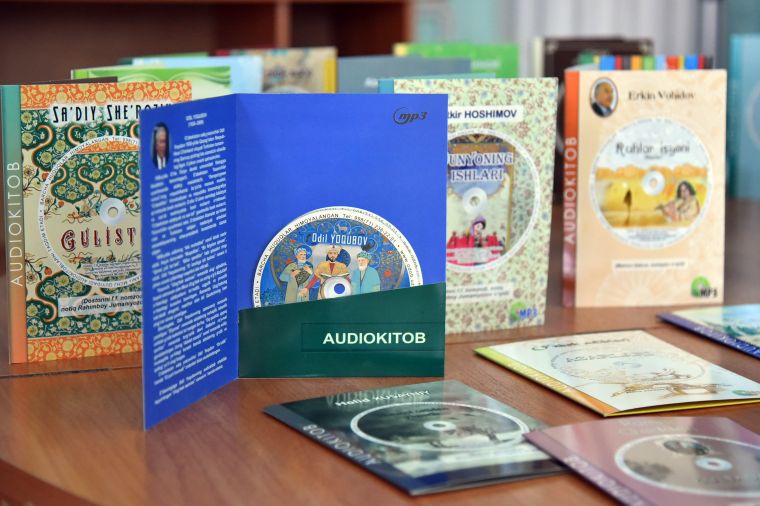Tashkent city



In 2007 ISESCO (the structure of IOC) announced Tashkent as the capital of Islamic culture.
Every year this organization announces three cities to be the Islamic cultural centers. One of the cities must be from Arabic countries, another one from Asia and the third one from Africa.
On IX conference of the ministers of culture of OIC three cities: Bukhara, Cairo (Egypt) and Bamako (Mali) were chosen as Islamic cultural centers of 2020.
Actually Bukhara has been Islamic cultural center for centuries. It was named as “The dome of Islam”. There is great meaning in the selection of Bukhara as the Islamic cultural center of 2020. It is worth mentioning that thousands of scholars who have contributed to the world civilization were born, lived and studied in this city.
Azamjon Abdurakhimov
The teacher of Tashkent Islamic Universities
“Study of Islamic civilization ISESCO” department

Uzbek literature Literature and art of Uzbekistan is called one of the bright and wonderful pages of the history of the world artistic culture. Along with Egypt and Mesopotamia, Greece and Rome, India and China, Central Asia laid the foundations of human civilization. The emergence of a cultural phenomenon in Uzbekistan is mainly due to its geographical Mesopotamia, where agricultural centers have been location in the Central Asian formed since ancient times. Uzbek literature history The most ancient Uzbek oral literary works are over 200 epic poems, many legends, epic songs performed by folk poets - bakhshi. Heroes of folklore struggle with hostile forces evil spirits, dragons. The oldest cycle of epic poems Ker-ogly and the poem Alpamysh were written around the 10th century. Alpamysh went in the folklore of all the peoples of Central Asia. It talks about the courage of folk heroes, courage and hatred of enemies; it contains many witty aphorisms, vivid metaphors, colorful descriptions. Another popular work from the cycle Ker-ogly is a poem about the transforming power of love of Ravshan-Hon. Many times later it was processed by folk poets. The satirical novels of Nasreddin Afandi, in which the khans and bais are derided, are popular. In the oral Uzbek literature, people of different nationalities - Chinese, Iranian, Turkmen, Negro, etc., female images are devoid of sentimentality. In the XI century, many works are created, based on religious norms of Islamic morality. These are the instructive poems "Kugadau Bilig" ("Knowledge of Grace" or "Science of Happiness") by Yusuf Khas Hadjib Balasaguni, the poem "Khibat al-Khakaik" ("Gift of Truths") by Ahmad Yugnaki.
Prepeared by Imam Bukhari Tashkent Islamic Institute , Department of languages , English teacher Kadirov Farrukh